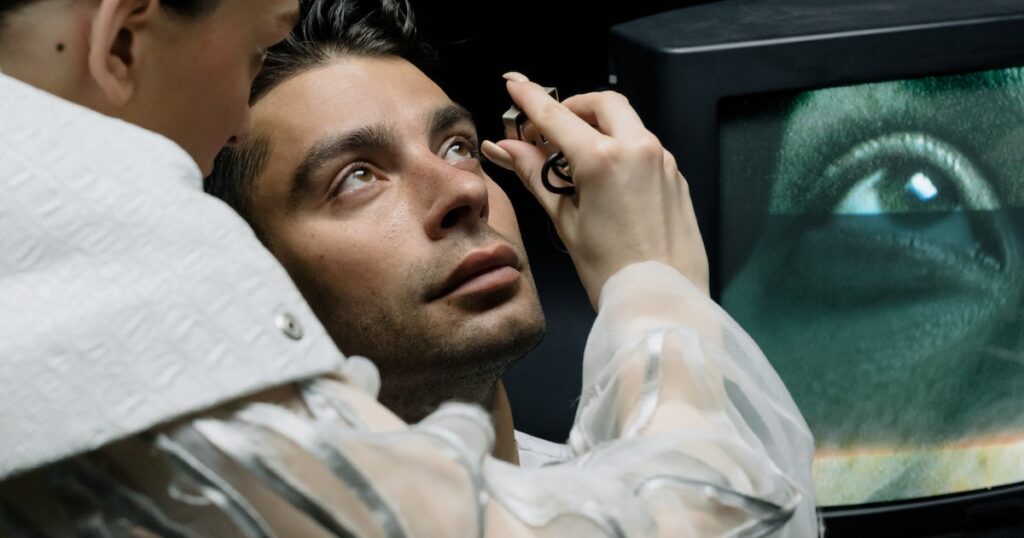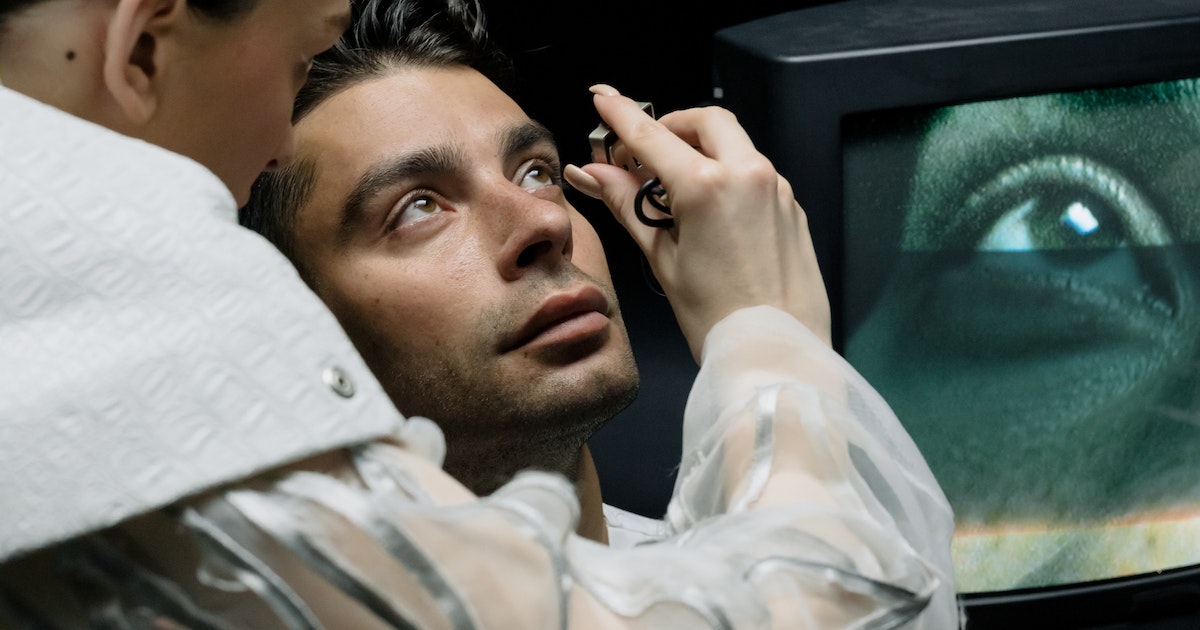Learn 7 Reasons Why Seniors Need Vision Insurance

Vision loss is a big health issue among the elderly, but vision insurance can help you keep your vision. Medicare provides health insurance to many elderly Citizens.

Medicare provides several benefits to recipients, and the vast majority of Medicare recipients are satisfied with their health insurance. Medicare, however, does not cover everything. Conventional Medicare does not cover vision, dental, or hearing care. As a result, many elderly Americans will require supplemental coverage.
Seniors’ vision insurance
Our eyes change as we age, and most of the time, for the worse. Beginning in your early to mid-40s, you may experience difficulty seeing well at close distances, particularly when reading or working on the computer.
This alteration in the concentrating capabilities of the eye will continue to progress over time. As you enter your 60s and beyond, you should be aware of the warning signs of age-related eye health issues that could result in vision loss.
Many eye illnesses have no early warning signs. These may occur without pain, and you may not notice changes in your eyesight until the condition is extremely advanced. Vision loss among the elderly is a significant healthcare issue.
By the age of 65, one in every three people has some sort of vision-reducing eye condition. With coverage for eye exams as well as goods to correct vision, such as prescription glasses, sunglasses, and contact lenses, vision insurance can help make eye care more affordable and help you spot vision problems early.
1. Eyewear can be expensive.
Glasses, particularly bifocals, and trifocals, can be expensive for many people if paid for out of pocket. If you require bifocals, trifocals, or progressive lenses, the cost increases dramatically. Without vision insurance, a person on a low budget may be unable to pay the expense of prescription glasses.
Without insurance, many people opt for lower-cost prescription glasses, which might be of poor quality. Cheap glasses frequently contain thinner plastic lenses that are more likely to lose structural integrity and scratch more quickly. Senior vision insurance might assist you in purchasing prescription glasses with scratch-resistant glass lenses that are less prone to fingerprints and dust.